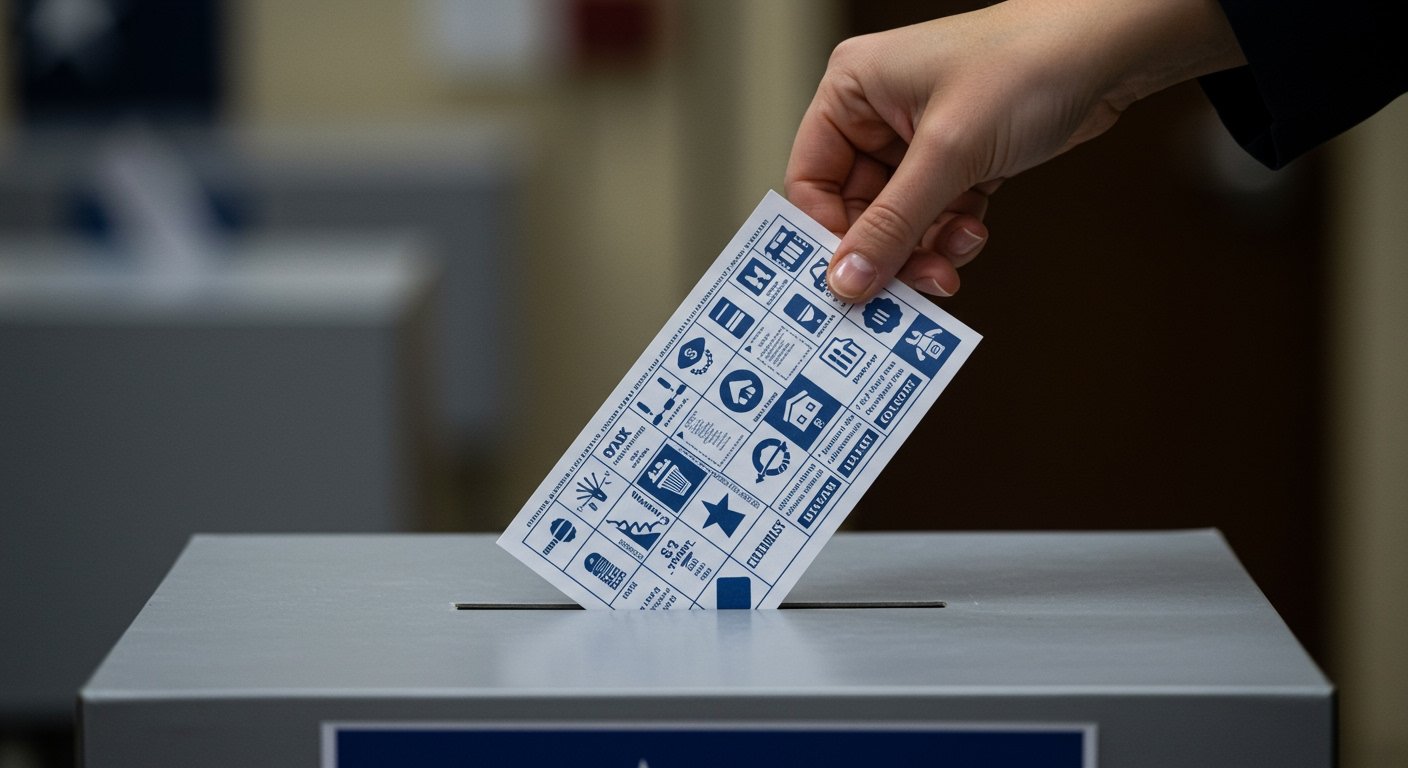Austin, Texas – Texans will head to the polls this November to consider a sweeping set of changes to the state’s foundational document, the Texas Constitution. Seventeen proposed amendments, spanning critical areas from property taxation and education funding to water infrastructure and bail reform, have officially been ordered for placement on the ballot.
Texas Secretary of State Jane Nelson announced the finalized list and ballot order on Wednesday, June 26, 2025. The sequence in which the propositions will appear before voters on the November 4th ballot was determined by a random drawing, a standard procedure to ensure impartiality in placement.
The propositions originated from the Texas Legislature, each having secured the necessary support of a two-thirds majority in both the Texas House of Representatives and the Texas Senate during the legislative session. Now, the fate of these measures rests directly with the state’s voters.
Diverse Issues Address State Priorities
The 17 amendments represent a broad spectrum of policy considerations, reflecting various priorities debated within the state. While property taxes, education funding, and bail reform are highlighted as key areas, several specific proposals carry significant direct implications for businesses and individual property owners across Texas.
Among the most closely watched are those concerning taxation and property rights, aiming to alter how certain assets are taxed or exempted at the state and local levels.
Focusing on Taxation and Property
Several propositions on the November ballot directly address the financial burdens on Texans and businesses:
* Proposition 2 seeks to implement a state-level ban on capital gains taxes. This measure, if approved, would constitutionally prohibit the imposition of a tax on the profits from the sale of assets such as stocks, bonds, or real estate at the state level.
* Proposition 5 proposes a targeted property tax exemption for animal feed held for retail sale. This could impact agricultural suppliers and retail businesses, potentially reducing their property tax liabilities on this specific inventory.
* Proposition 6 aims to prevent the imposition of new occupation taxes on securities transactions and related entities. This proposition focuses on safeguarding the financial sector from certain types of state-level taxes based on their operations.
* Proposition 9 targets what are commonly referred to as “death taxes.” This amendment proposes a constitutional ban on estate, inheritance, and gift taxes at the state level in Texas, aligning with the state’s long-standing reputation for low taxation.
* Proposition 11 would grant the Legislature the authority to exempt a portion of the market value of income-producing personal property from property taxes. This could provide significant tax relief opportunities for businesses holding substantial personal property used to generate income.
* Proposition 12 addresses property damage resulting from disasters, specifically fire. It permits a temporary property tax exemption on homestead improvements made following the complete destruction of the homestead by fire. This aims to provide financial relief to homeowners rebuilding after such a catastrophic event.
* Proposition 13 proposes an increase in the school district homestead exemption. This measure would raise the amount of a home’s value that is exempt from taxation by local school districts from $100,000 to $140,000. This significant increase is intended to provide substantial property tax relief to homeowners.
Investing in Texas’ Future
Beyond tax measures, the ballot also includes critical infrastructure funding:
* Proposition 4 proposes dedicating a portion of state sales tax revenue to the Texas Water Fund. This dedicated funding source is intended to support the development of water infrastructure and supply projects crucial for meeting the state’s growing water needs.
While these specific propositions highlight key areas, the full list of 17 amendments covers a range of other subjects, including potential changes related to education funding mechanisms and reforms within the state’s bail system.
Implications for Voters
The approval of any of these constitutional amendments requires a simple majority vote from Texans participating in the November 4th election. Given the breadth of topics covered, from direct property tax relief for homeowners and businesses to long-term infrastructure investment and state tax policy, the outcome of this election will have lasting impacts across the state.
Voters are encouraged to review the specific language and potential effects of each of the 17 proposed amendments before casting their ballots. The official ordering, now set by the random drawing confirmed by Secretary Nelson, ensures that all 17 measures will be presented to the electorate for a direct decision on altering the Texas Constitution.






